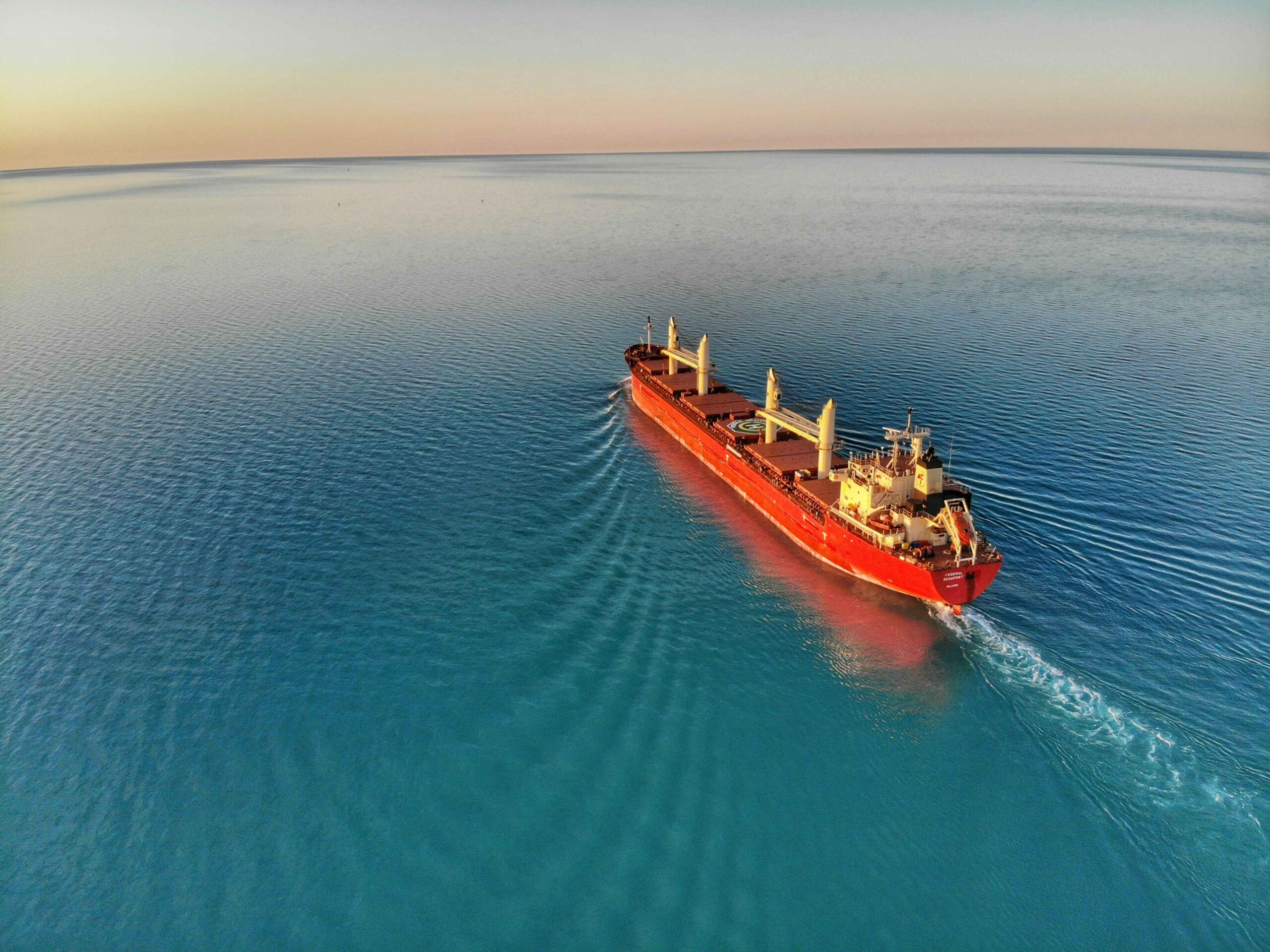The Economics of Bunker Fuel Pricing
Bunker fuel, a vital commodity in the maritime industry, operates within a complex economic framework shaped by numerous key factors. Understanding these dynamics is crucial for stakeholders in the shipping sector to navigate market fluctuations and make informed decisions. Crude Oil Prices and
IMO 2020: Compliance and Challenges for the Shipping Industry
The International Maritime Organization (IMO) introduced a groundbreaking regulation known as IMO 2020, which came into effect on January 1, 2020. This regulation mandates a reduction in the sulfur content of marine fuels from the previous limit of 3.5% to just 0.5%. The
Transition from Heavy Fuel Oil (HFO) to Low-Sulfur Fuel: A Maritime Evolution
The maritime industry, a backbone of global trade, has long depended on heavy fuel oil (HFO) for powering ships. However, increasing environmental awareness and stringent regulations have catalyzed a transition towards low-sulfur fuels. This change aims to mitigate the environmental and health impacts
The Environmental Impact of Bunker Fuel Usage
Bunker fuel, also known as heavy fuel oil (HFO), has been a cornerstone of maritime transport for over a century. While it has enabled global trade by powering the world’s largest vessels, its environmental impact has become a significant concern. The dense, viscous
The History of Bunker Fuel in Maritime Transport
Bunker fuel, a critical component in the operation of ships, has a storied history that parallels the evolution of maritime transport itself. This dense, viscous fuel oil, derived from the residues of crude oil refining, has powered vessels across the globe for over
Navigating the Roadmap: IMO 2050 and its Implications for Bunkering
Introduction: The International Maritime Organization’s (IMO) ambitious target, known as IMO 2050, aims to reduce greenhouse gas (GHG) emissions from international shipping by at least 50% compared to 2008 levels by the year 2050. This transformative initiative is set to reshape the maritime
Navigating Legal Waters: Understanding the Complexities of Bunkering Regulations
Introduction: Bunkering, the process of supplying fuel to ships, is a vital aspect of maritime operations. However, it is subject to a complex web of legal regulations and international conventions designed to ensure safety, environmental protection, and fair competition. Understanding the legal aspects
Bunker Fuel Contamination: Causes, Impacts, and Prevention Measures
Introduction: Bunker fuel contamination poses a significant threat to maritime operations, jeopardizing vessel performance, engine efficiency, and environmental integrity. The complexities of the bunkering supply chain, coupled with the diverse sources of contamination, underscore the need for robust preventive measures and vigilance. This
Bunker Fuel Efficiency: Optimization Strategies and Operational Best Practices
Introduction: Efficient utilization of bunker fuel has emerged as a crucial aspect of maritime operations, blending economic pragmatism with environmental stewardship. With bunker fuels serving as the backbone of global shipping, the pursuit of efficiency becomes imperative to manage costs and minimize ecological
Bunker Fuel Sustainability: Reducing Emissions and Transitioning to Cleaner Fuels
Introduction: Bunker fuel sustainability is emerging as a pivotal concern within the maritime domain, spurred by escalating environmental pressures and regulatory imperatives aimed at curtailing emissions and combating climate change. As the backbone of global maritime trade, bunker fuels wield considerable influence over










